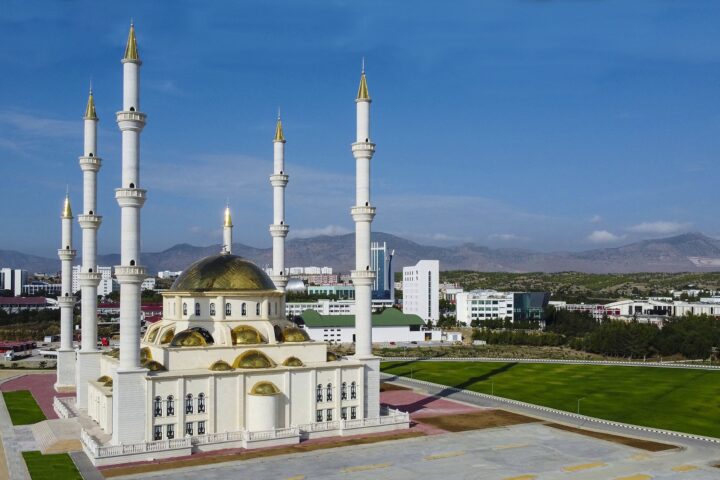The vast majority of Turkish Cypriots are unhappy with the way authorities in the north handle the ravaged economy, as only two in 100 people feel content.
An opinion poll conducted by the Centre for Migration, Identity and Rights Studies (CMIRS) showed that 97% are unhappy with the north’s runaway economy, but 2.58% of Turkish Cypriots are happy with the state of things.
There was a low satisfaction rating (8.41%) with the ruling coalition of the breakaway state in the north.
According to the head of the CMIRS, Mine Yucel, the percentage of people satisfied with the current situation in the north is the lowest since 2013, when the survey began.
The survey is conducted every three months.
Turkish Cypriots were asked to rate their leader Ersin Tatar, giving him an overall 1.93 out of 5, the lowest score recorded.
Former Turkish Cypriot leader Mustafa Akinci never scored below three during his term.
Most Turkish Cypriots came out against being labelled a “traitor” for speaking out against wrongdoings.
And 86.41% said that people criticising should not be prosecuted, against 13.11% who believe otherwise.
In recent days, lawyers, journalists and even cartoonists have been prosecuted for insulting Turkey’s President Recep Tayyip Erdogan and Turkey and Tatar.
Furthermore, 64.89% stated that they do not agree with the position that anyone who does not love the “country” should leave it, while 35.11% agreed with it.
And 71.17% did not agree with the position that ‘no matter what the state does, I feel proud’, while 28.83% share this view.
Some 57% of participants agree with the position that they can express themselves freely in the north, while 43% do not agree.
Almost four out of ten (38.74%) Turkish Cypriots said they would not go to the ballots to vote.
A majority, 63.27%, believe that to reduce the effects of the currency crisis fuelled by the fluctuations of the Turkish Lira, the north should switch to the euro, while 36.73% do not support this view.
The survey was conducted in June with a sample of 500 people by telephone and will be released in three parts.










